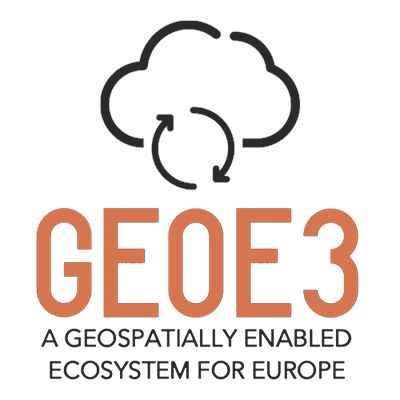We have made everything easy for you. To get started, you have to sign up to our platform:
- In the Location Innovation Academy, click the “Log in” button on the upper-right corner of any page.
- If this is your first time, click “Create new account“. Only our introduction modules allow guest access.
- Fill out the registration form with your personal details. The username is used to log in to the academy.
- After submitting, check your email for a confirmation message from Moodle. Check also the spam folder!
- Follow the instructions in the email to activate your Moodle account.
- Once your account is activated, log in to Moodle using your username and password.
- Explore courses on the home page and open the most interesting one(s).
- As a default, you must manually enrol in the courses. Click “Enrol me” to access the course material.
- Start learning and remember to give feedback!









